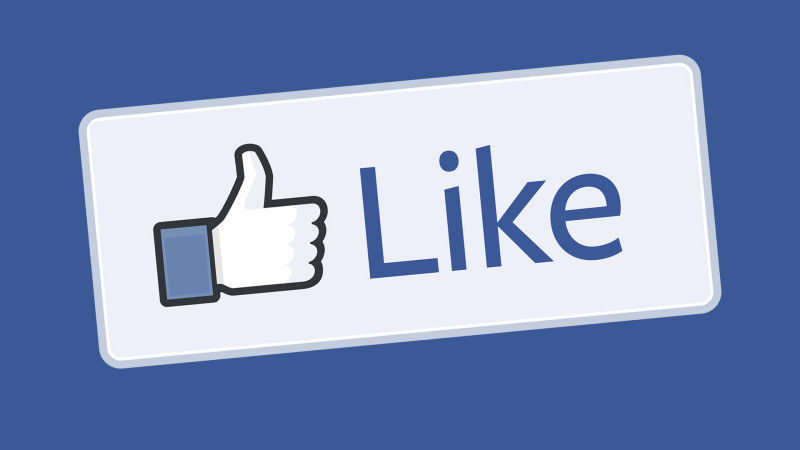Facebook Is Tearing Down The Like Gate. Are You Ready?
- Fahad H

- Nov 4, 2014
- 3 min read

Are you prepared for the end of the Facebook like gate?
Sometime tomorrow, Facebook engineers will flip the switch and pages will no longer be able use likes as the price of entry to contests or content.
Facebook said the change, announced in August, is meant to make sure people are liking pages because they truly want to connect with a business or brand, not because they were enticed by “artificial incentives.”
Most social media professionals buy that explanation, agreeing that like gating often produced scattershot results, snaring likes from too many people who lacked real interest in a business. Many pages used giveaways of iPads and other consumer goods to boost their likes, Emeric Ernoult, CEO of social media marketing platform AgoraPulse, told Marketing Land, “appealing to everyone but their ideal customer.”
“It was too easy to make mistakes,” Ernoult said. “There have been too many people doing things that were actually hurting them but they didn’t realize it.”
Others believe that like gating done right could be an effective tool and that Facebook’s real motive is to force advertising on businesses looking to build a larger audience on the network. “The fact is they are a public company and have shareholders to answer to,” said Nathan Latka, CEO of Heyo, which creates promotional campaign applications for Facebook pages. “If they can force people into paying for likes instead of using like gates, they’ll do it. That’s the motive here.”
But that argument will be moot tomorrow, so what do marketers need to know?
It’s pretty basic. Page owners with like-gate campaigns running don’t have to turn them off. After the change, content that was hidden to those who haven’t liked a page will be displayed to anyone who visits the tab on the page. But if you still are hoping to increase likes, adjusting the messaging within the displayed content is advised.
The Facebook rule change does not forbid asking for likes, which Ernoult of AgoraPulse said is a better model anyway. “You are asking now, you are proposing. You’re not forcing and that’s a big difference,” he said. “And I think it will force page owners and marketers to think about how sexy they could be and how appealing they could be. Instead of, ‘Oh well, they’ll have to become fans anyway so we don’t have to explain.’ ”
Latka said Heyo is already using that strategy in its sweepstakes template. The template includes the optional steps of liking the page, sharing the contest and tweeting about the contest; Latka said 60% of contest entrants have been liking, sharing and tweeting.
Part of the reason most social experts aren’t lamenting the end of the gate is that the value of the like has been diminished. A like was never equal to a subscription, but decreasing organic reach of page posts has drastically reduced the chances that someone who likes a page will see a post from that page. The key is to build a deeper connection with customers.
Jessica Kessler, a senior product manager at digital engagement agency HelloWorld, said like gates sometimes got in the way.
“Like-gating programs generally always accomplished the goal of increasing the brands number of Facebook likes however there were many times when like-gated programs performed worse in terms of registration conversion (% of visitors to a promotion landing page that proceed to register) than programs that were not gated,” Kessler wrote in an email to Marketing Land.
And getting such registration data — an email address that can be used to directly engage with the customer or used to retarget with Facebook advertising for instance — is ultimately more valuable than a Facebook like.








Comments